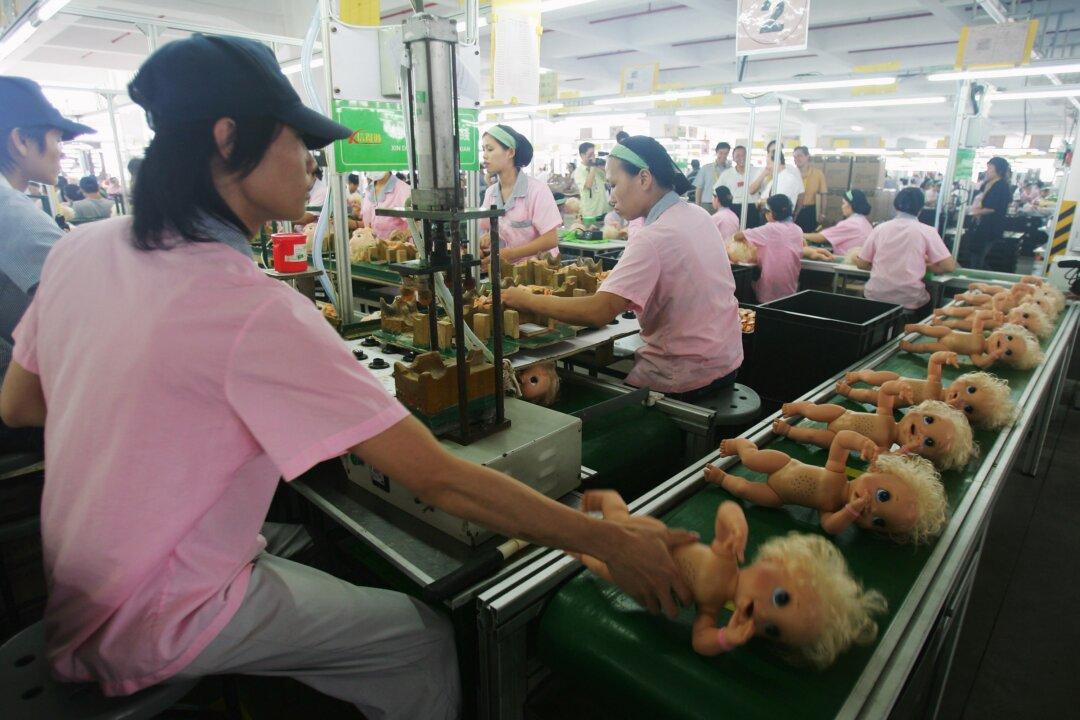As consumers globally grapple with rising costs, Chinese online retailers like AliExpress and Pinduoduo’s international counterpart, Temu, are gaining traction with their ultra-low-priced offerings.
Their products are swiftly penetrating retail markets in countries such as the United States and South Korea. However, the allure of affordability is overshadowed by the significant health risks these cheap Chinese goods present.






